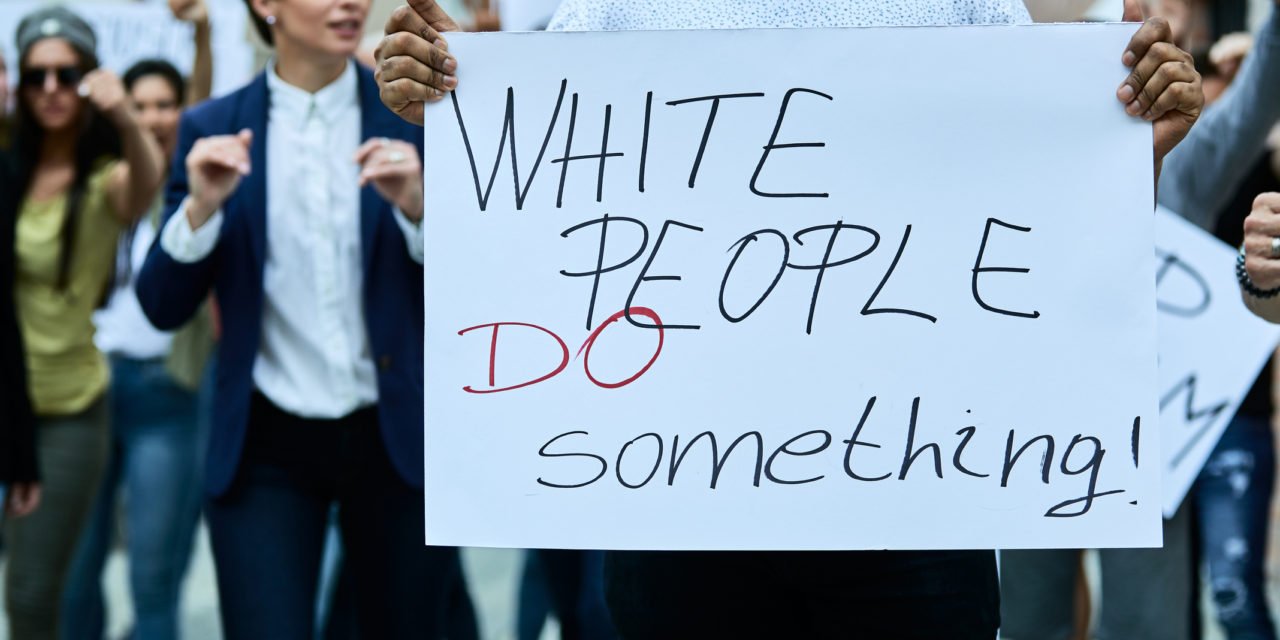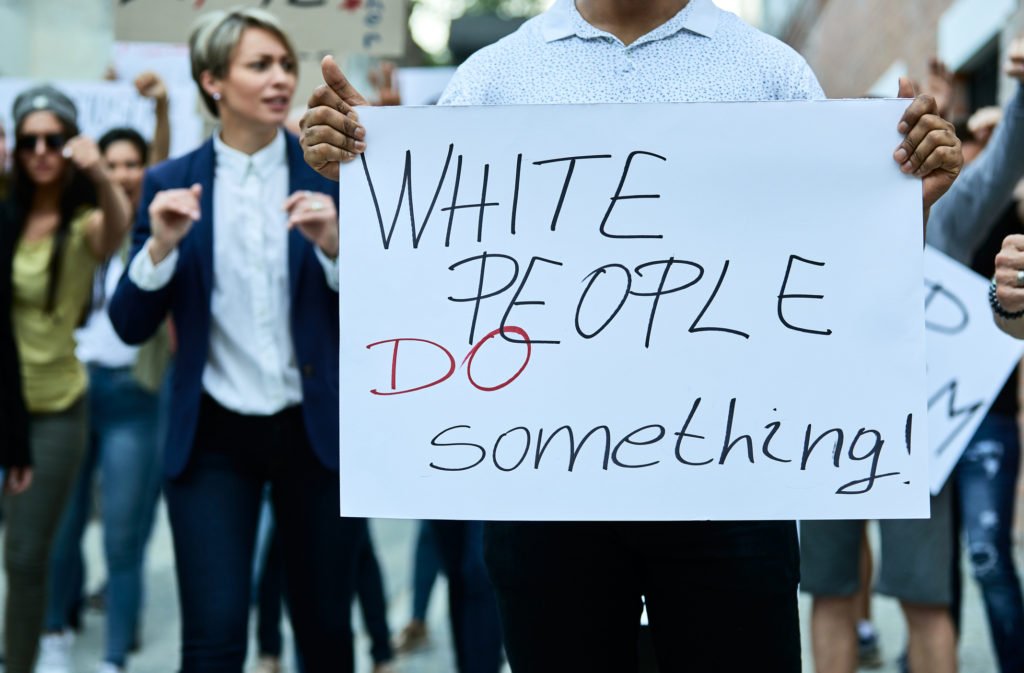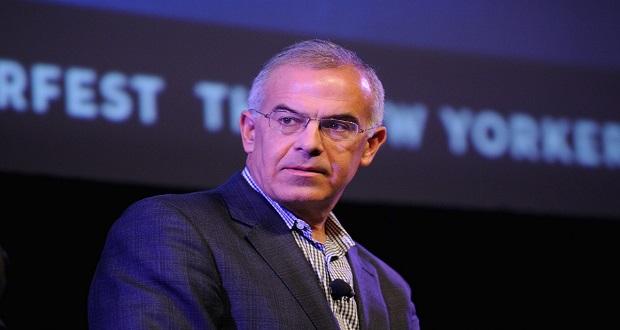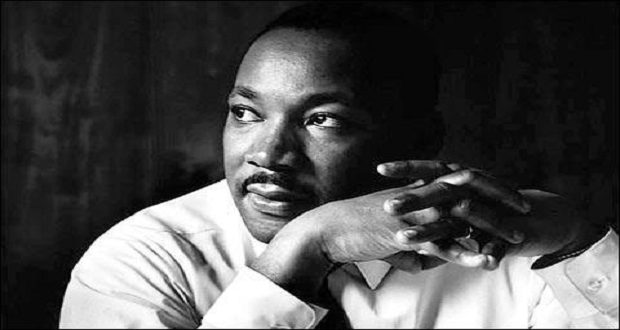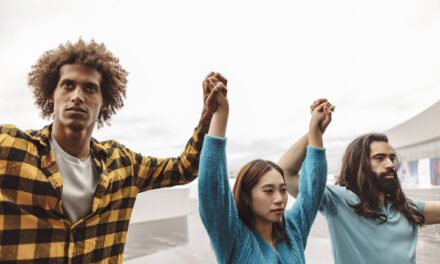“Whites, it must frankly be said, are not putting in a similar mass effort to re-educate themselves out of their racial ignorance. It is an aspect of their sense of superiority that the white people of America believe they have so little to learn…resonant resolutions about brotherhood fall pleasantly on the ear, but for the Negro there is a credibility gap he cannot overlook.” – Dr. Martin Luther King Jr.
The racism we see today has been around for centuries. In fact, it was the racist views of the European explorers which compelled them to question the humanity of the racially distinct natives they encountered. Racism was one of the mechanisms they used to justify slavery and extermination.
Looking back at the history of this country, race has always been used to fuel the notion that there are two distinct groups: whites, and all others. The Constitution of the United States asserted this notion. In 1790, Congress passed an act declaring that only free, white immigrants could become naturalized citizens. This essentially declared: White men had rights; Black people and other groups had none. Citizenship gave individuals numerous privileges, including the right to vote, the ability to sit on juries and the eligibility to be elected to public office.
Being white also meant you had access to better jobs and resources. For example, after WW-II, hundreds of thousands of GIs came home ready to start families and achieve the American dream of home ownership. The Federal Housing Administration made that possible by guaranteeing them long-term, low-payment mortgage loans. Black GIs, on the other hand, were faced with a much different reality. They had no access to the same types of loans; in fact, many housing development owners went as far as stipulating that their houses were not to be sold to Black people.
The dim reality is that the society we live in today is a product of racism and white privilege. Many of us were raised by racist parents who were themselves the product of a society set up to make life infinitely easier for whites and much harder for Black people. Many studies today prove this assertion. In a 2004 study conducted by Bertrand and Mullainathan, they found that even your name can be a strike against you if you are Black, regardless of your qualifications. For this study, they distributed 5,000 resumes to over 1,200 employers who were not only hiring but also aggressively trying to diversify their organizations. Some of the resumes had typically white names while others had typically Black ones. Every company was sent four resumes: one of each race that was considered an “average” resume and one of each race that depicted the candidates as “highly skilled.” In the end, candidates with typically white names received 50 percent more callbacks than those with typically Black names. In addition, the average white-named candidates received more callbacks than the highly skilled, Black-named candidates. As you can see, even centuries later, the same dynamics are in place: for some individuals, their race gives them access to opportunities; for others, race is the reason they are denied those same opportunities.
Our society is a product of racism and white privilege. Many of us were raised by racist parents who were themselves the product of a society set up to make life infinitely easier for whites and much harder for Black people. Share on X
Being Good is No Longer Enough
To no surprise, many white people today would readily dispute this notion of racial inequality. After all, they live and work in environments that afford them the possibility to have Black friends, go to a Black church if they wish, go out to lunch with their Black co-workers, some even date Black people. They are also vehemently opposed to the use of the “N” word. It is almost as if they go through life collecting points for each racially-related, good action they perform, so they can earn the right to join the “I-am-a-good-person club.” No doubt, these are well-meaning, well-intentioned individuals, but our membership to the aforementioned club is about to expire and renewal is no longer an option.
What many good individuals fail to recognize is that racism is far more than individual acts of discrimination. Their individual good deeds, though certainly appreciated by the recipient, are not enough to change the intrinsic racism that has been embedded in our psyche for centuries.
Individual good deeds, though certainly appreciated by the recipient, are not enough to change the intrinsic racism that has been embedded in our psyche for centuries. Being a good person is not enough. Share on XBeing a good person is not enough. We need to take deliberate steps to end the system of power and privilege that was put in place to favor whites and disfavor other groups. You can accompany your Black friend to as many church services as you want, but in the end, if your friend does not have access to the same job opportunities you have, drives in fear of being pulled over by a cop simply for being Black, and cannot shop in certain department stores without being followed, we are not doing much to accomplish systemic change. I can give $10 every single day I see the Black, homeless man at the stop light on my way home. Aside from giving him an opportunity to buy a cup of coffee or a hot sandwich, my individual act of kindness will not address the bigger issues of homelessness, unaddressed mental health problems, and systemic denial of opportunities. What led him and thousands of others to the point that they have to beg for food and nowhere to call home? Ten dollars a day will not solve that. We need systemic change.
We would be fools not to recognize the appeal of the current system — especially after it has been going strong and working well for so long. Marley K., in the article Yes, My Dear, All White People Are Racists, equates this system of white advantage to having been handed a lifetime, platinum membership to the much-coveted white country club. As hard as it might be — it is time to let it go. In fact, it is time we face our addiction to white power and privilege. We will not be able to change systemic racism until we admit we are indeed part of the problem. Our individual good deeds may be side-tracking us.
Black people in this country have been fighting for an end to racial inequality for centuries now. It is time Whites recognize that the system of injustice we have put in place is no longer acceptable and is hurting all of us.
How Systemic Racism Harms Whites
The problem with systemic racism is that it impacts the lives of the oppressed as well as of the oppressor. In fact, Peggy McIntosh, the widely known anti-racism activist, argues that racism is, indeed, a white problem because when people support policies and practices that advantage some and disadvantage others, in the end, everyone loses. One group, the oppressed, is denied opportunities while the other, the oppressor, is led to live with a false sense of reality. For example, many whites today still believe in the fallacy of “meritocracy.” The narrative of white mobility is the following: We came here with nothing, we worked hard, we pulled ourselves up by our bootstraps, and we succeeded. What is left out of the “bootstrap” myth is that access to opportunities was closed to all but whites.
Another way Whites are harmed by systemic racism is that White children grow up miseducated and with stereotypical views. They go to schools with Eurocentric curricula that ignore the contributions of other groups to society — and this pretty much continues all the way through college. In fact, many of those seeking to hire college graduates complain that our educational institutions are graduating students with no skills to work and lead in an increasingly multicultural society. College graduates today need to communicate effectively across differences and work well with diverse clients and partners — about whom many have thought very little. Case in point: White men would not have been able to walk on the moon had it not been for Katherine Johnson and other Black mathematicians at NASA. How many schools include in their curricula this incredible contribution of Black people to the advancement of science and technology?
Lastly, these societal inequities take a toll on whites because they end up going through life with a great deal of guilt and shame. White guilt is not a productive emotion, though. A much more productive reaction would be to focus, instead, on specific actions that will ensure equal access to opportunities, especially for those who are marginalized.
Societal inequities take a toll on whites because they end up going through life with guilt. White guilt is not a productive emotion. A more productive reaction would be to focus on specific actions that will ensure equal access Share on X
Mechanisms for Change
While you cannot help being born to racist parents, or growing up in a racist society, you can, however, choose to address systemic racism. Simply being good to your Black friends is not enough. You need to not only denounce racism but also recognize the part you are playing in maintaining this system of inequities. The following strategies will help:
1.) Start by recognizing how you got to where you are today.
You need to embark on a self-exploratory journey so that you understand how your own beliefs, values, prejudices and privileges (in race, age, physical ability, education level, sexual orientation, language, etc.) impact the way you think, behave and function. Starting this process within yourself allows you to recognize that there are other perspectives that must be considered. Self-awareness is an essential element for the understanding of others.
You need to embark on a self-exploratory journey so you understand how your own beliefs, values, prejudices and privileges (in race, age, physical ability, education level, sexual orientation, etc.) impact the way you think, behave… Share on X2.) Recognize someone else’s pain.
It is imperative that you understand the daily struggles others are dealing with. Do you recognize the pain Black folks are bringing with them to the workplace, churches, schools, etc., because of the recent killings of unarmed Black men by police officers? Do you know how the Black individuals you come in contact with feel? Have you stopped to hear their perspective?
3.) Most importantly, take a stand toward social justice, be it at work or in the community.
You can start by ensuring safe spaces for individuals to have conversations about racism and other polarizing topics. For many Black people, their world is filled with pain, fear and anxiety, which is compounded by the lack of opportunity to address these feelings. You can also take steps to uncover inequities in your own organization and push for equal access to opportunities, equal pay and equal distribution of resources.
Participating in community projects that focus on reducing racial disparities is a great way to demonstrate support for social justice. You can also advocate for curricula reform. What our children learn in school should reflect the diversity of our nation.
Participating in community projects that focus on reducing racial disparities is a great way to demonstrate support for social justice. You can also advocate for curricula reform. What our children learn in school should reflect… Share on XAbove all, never pass an opportunity to take a stand to reduce racial disparities, to lessen discrimination and to improve race relations among all. Again, the focus should be on changing the system.
These are some of the actions you can take that can help you not only understand the reality that Black folks and other marginalized groups face every day, but also help you advocate for systemic change.
As a White person, you can take the necessary steps to address and end systemic racism. Representative John Lewis, a towering figure of the civil rights era, once said:“Nothing can stop the power of a committed and determined people to make a difference in our society.”
Racism is a choice. If you are not fighting against it, you are part of the problem. We can no longer remain ignorant and racist. It is time to get uncomfortable, so we can all move forward together. The current environment is calling on all of us to take a strong anti-racist stance. I hope you use the power and privilege you have been granted to advocate toward a more equitable and just society for all.
Racism is a choice. If you are not fighting against it, you are part of the problem. We can no longer remain ignorant and racist. It Share on X
